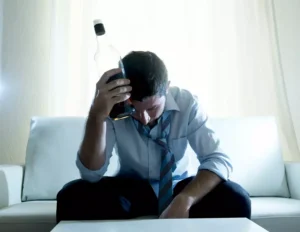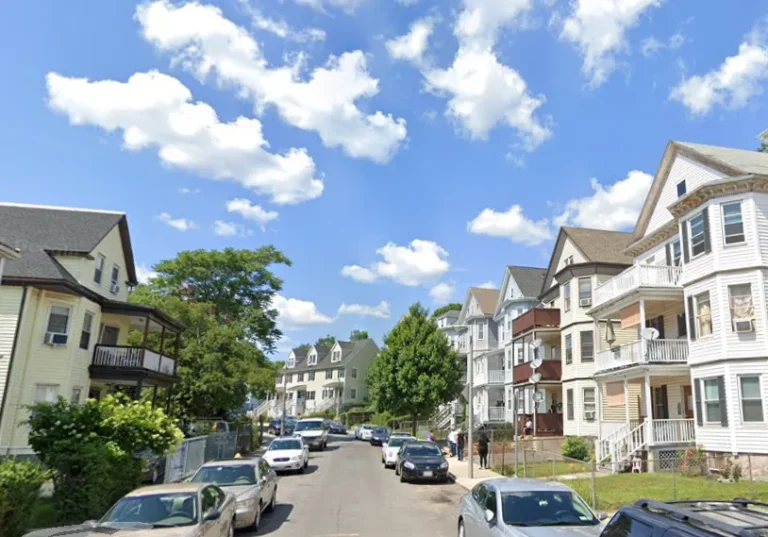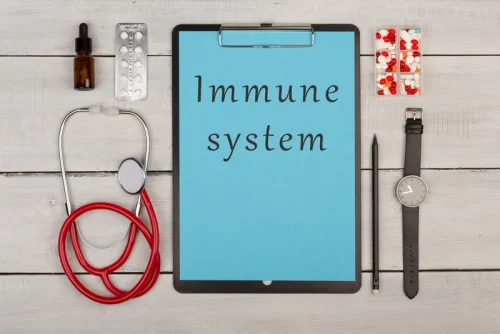
Second, the researchers conducted followup on 453 sons of alcoholics and control subjects who were tested in the laboratory at approximately age 20, thereby gathering data regarding the development of depressive, anxiety, and alcohol-use disorders during the subsequent decade (Schuckit and Smith 1996). In this followup study, although the sons of alcoholics were three times more likely to develop alcohol abuse or dependence, they showed no higher rates of major depressive disorders or major anxiety disorders during the followup period. Alcohol dependence has been shown to be genetically influenced and to run in families (Schuckit and Smith 1996).

Depression and Alcohol Use Disorder: Are They Connected?
Depression is a common and serious mood disorder, which can impact your thoughts, feelings, and behaviors. In the United States alone, an estimated 17.3 million adults have had at least one major depressive episode. The Centers for Disease Control and Prevention has found that 9 out of 10 adult binge drinkers don’t have a severe alcohol use disorder, but that doesn’t mean alcohol isn’t a problem for them.
- Alcohol misuse and depression are serious conditions that you shouldn’t ignore.
- Tens of thousands of today’s college students will eventually die of alcohol-related causes, such as car accidents, cirrhosis of the liver, heart disease and other diseases.
- Or you might attend an intensive inpatient group a few times each week.
- However, major depressive disorder is the most common co-occurring disorder among people who have AUD, partly because it is among the most common disorders in the general population.
National Institute on Alcohol Abuse and Alcoholism (NIAAA)

See the Resources, below, for an NIAAA tool to help you locate these specialists. PTSD may facilitate development of AUD, as alcohol is commonly used to numb memories of a traumatic event or to cope with symptoms of posttraumatic stress, and AUD may increase the likelihood of PTSD.29 The relationship between PTSD and AUD may have multiple causal pathways. First, heavy alcohol use may increase the likelihood of suffering traumatic events, such as violence and assault. Second, AUD may undermine a person’s psychological mechanisms to cope with traumatic events, by disrupting arousal, sleep, and cognition, thus increasing the likelihood of developing PTSD. Third, AUD and PTSD have shared risk factors, such as prior depressive symptoms and significant adverse childhood events.
Alcohol may cause or worsen depression
It may temporarily suppress feelings of isolation, anxiety, or sadness, but that won’t last. Recognizing the symptoms of depression and alcohol use disorder can help ensure that you get the right diagnosis and treatment. In the spirit of integrated treatment, recent studies have sought to investigate the efficacy of co-administration of an established pharmacologic treatment for AUD with an antidepressant medication.

In summary, medications may be helpful in the treatment of patients with co-occurring AUD and depressive disorder. Further studies are warranted, though, to examine the safety and efficacy of co-administration of antidepressant medications with medications approved for the treatment of AUD. A recent meta-analysis of the literature by Iovieno, et al. 33 revealed some interesting themes in antidepressant treatment use in this unique population.
The evaluation consists of 11 yes or no questions that are intended to be used as an informational tool to assess the severity and probability of an AUD. The test is free and confidential, and no personal information alcohol and depression is needed to receive the result. When you drink too much, you’re more likely to make bad decisions or act on impulse. As a result, you could drain your bank account, lose a job, or ruin a relationship.

Some experts also suggest that both depression and alcohol use disorders share underlying pathophysiology in that they are both neuroinflammatory conditions. Benzodiazepines, a class of anti-anxiety drugs that some people with depression may use, may help with alcohol withdrawal. When combined with alcohol, however, they can cause life-threatening intoxication. Alcohol can make a person feel depressed and may even trigger or worsen depression.
- If you wake up feeling miserable after a night of drinking, you don’t have to wait it out.
- People with AUD have a heightened risk for depressive disorders, which are the most common co-occurring psychiatric disorders for this population.
- Regular drinking can lead to depression, and depressed people are also more likely to drink too much.
- Depression may even cause people to begin consuming large amounts of alcohol.
You might begin drinking more regularly in order to feel better or forget about those unwanted emotions and memories. Maybe you tossed and turned, had bizarre dreams, or woke up with your heart racing. Dopamine produces positive emotions that make you feel good and help reinforce your desire to drink, but alcohol affects https://ecosoberhouse.com/ your central nervous system in other ways, too. In small to moderate amounts, alcohol can temporarily lift your spirits and help improve your mood. In some people, the initial reaction may feel like an increase in energy. But as you continue to drink, you become drowsy and have less control over your actions.

